Introduced by Shelley Posen
The Boy That Wore The Blue, also known as The Soldier’s Letter, is an American Civil War song of unknown origin, Roud #4389. For some reason, it found favour in the logging camps of Eastern Canada and the Northeast U.S. over the next century.
I learned it in 1977 from Loy Gavan in Chapeau, Quebec, a village on Allumette Island in the Upper Ottawa Valley. It’s one of the most poignant and eloquent songs I’ve ever heard. The song’s vague and seemingly random provenance gives some insight into how traditional singing worked in a community, how offhand and precarious it could be, and how lucky we are to have what traditional songs we have.
The Boy That Wore The Blue came to Chapeau in the 1930s via an itinerant man-of-all work named Carl Brian—an “Englishman” (from England? an Anglophone?) who came from Quebec, no one knew exactly where. He cleaned the stables at the village hotel and did farm chores. Always short of money, Brian sang in the hotel bar after work for drinks: “He’d sit and sing that song I betcha four times in the night,” said Loy. “He sang lots of songs, but that was the best—the best song, the best story.” Loy’s older brother Cliff learned it from Brian, and Loy learned it from Cliff.
The Boy That Wore The Blue captivated me the first time I heard Loy sing it, and was the first of many songs I learned from him. It was “Loy’s song” in Chapeau: if I asked someone else to sing it, they’d demure: “That’s Loy’s song”—meaning not his property, but that he sang it best.
My Chapeau recordings and field notes, including everything I had of Loy, are in the Archives of the Canadian Museum of History.
The only time I myself was recorded singing The Boy that Wore the Blue was for Global TV, who came to the Canadian Museum of History to interview me about traditional singing in the Ottawa Valley. I was ill that day, but the show had to go on. The song shines through, I think.
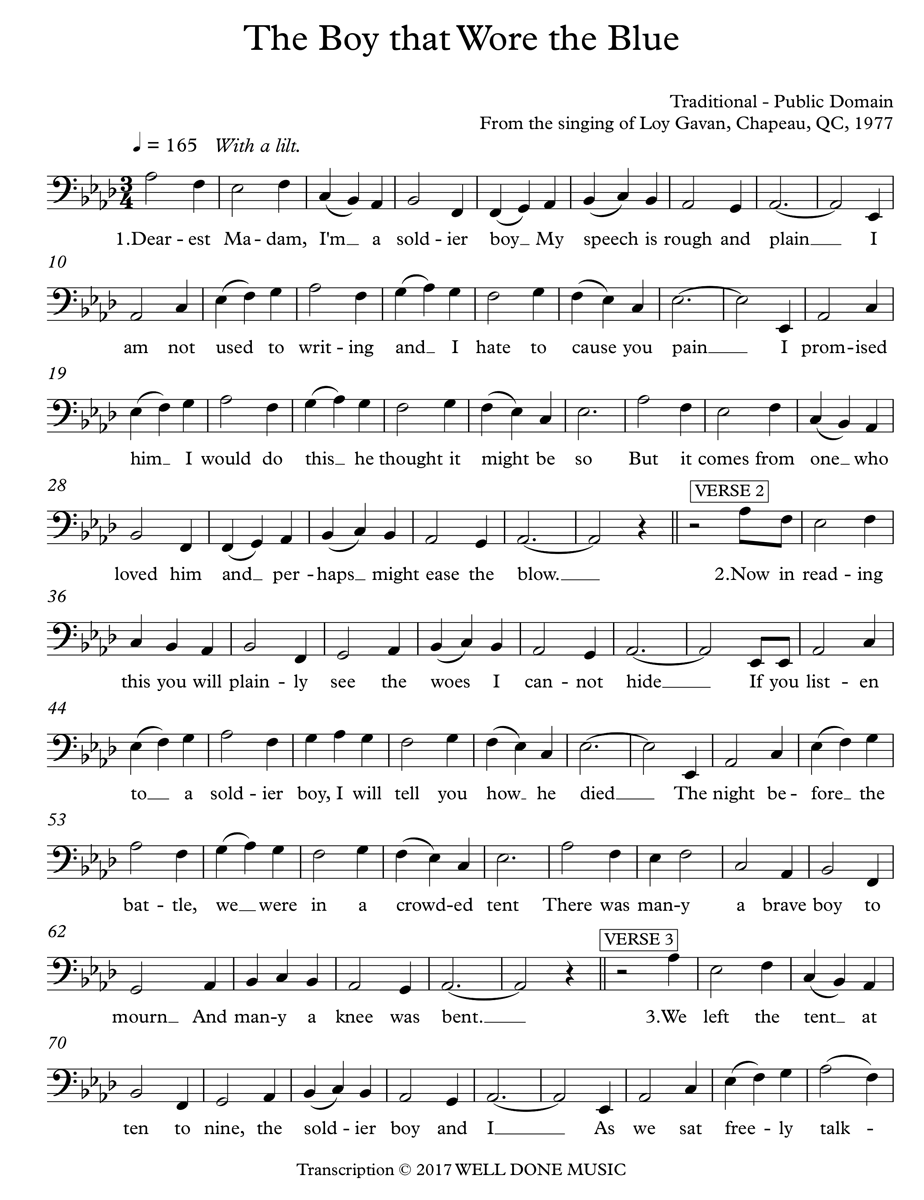
Lyrics:
1. Dear Madam, I’m a soldier boy, my speech is rough and plain,
I am not used to writing and I hate to to cause you pain;
I promised him I would do this, he thought it might be so,
But it comes from one who loved him and perhaps might ease the blow.
2. Now in reading this you will plainly see the woes I cannot hide.
If you listen to a soldier boy, I will tell you how he died.
The night before the battle, we were in a crowded tent.
There was many a brave boy to mourn and many a knee was bent.
3. We left the tent at ten to nine, the soldier boy and I.
As we sat freely talking beneath the clear bright sky,
he seemed to want to talk of home and friends he loved so dear.
While I had none to talk about, but always liked to hear.
4. He told me of the morning that he first went away.
How sadly they did mourn for him they never bid him stay.
He named his sisters one by one until a dark blush came.
He told me of another one but never spoke her name.
5. “Oh Johnny, dearest Johnny, if it’s now that I should fall.
Would you write home and tell them that I loved and spoke of all.
Last night I wanted so to live I seemed so young to go.
And last week past my birthday I was eighteen years you know.
6. The morning of the battle, fast came the shot and shell.
I was standing close beside him and I saw him when he fell.
I raised him in my arms and I laid him on the grass.
It was going against the orders but I guessed they’d let it pass.
7. “Oh, underneath my pillow is a lock of golden hair.
There is a name upon it, send it in my mother’s care.
I promise her I did not think my time would come so soon.”
The fight it was three days ago, he died today at noon.
8. We wrapped him up in a soldier’s cloak. We bore him out at night.
We buried him under a bunch of trees while the moon was shining bright.
We carved him out a headboard as skillful as we could.
And if you want to see the spot, I’ll show you where it stood.
9. I am sending you his hymn book and the cap he used to wear.
And a lock we cut the night before from his dark, curly hair.
I’m sending you his Bible the night before he died.
We turned the leaves together and I read them by his side.
10. I kept the belt he used to wear, he bid me so to do.
There is a hole in the left side, just where the ball went through.
And now I’ve done his bidding and I’m sending all to you.
And sure we will all mourn for him, the boy that wore the blue.
Shelley Posen is a retired folklorist and songwriter living in Ottawa, Canada. Formerly Curator of Canadian Folklife at the Canadian Museum of History, his Ph.D. dissertation was based on research he conducted into singing in the Irish-French Ottawa Valley community of Chapeau, Quebec. Shelley has sung at folk festivals, in clubs and kitchens, and on concert stages in the U.S. and Canada. He was a member of the close harmony folk trio, Finest Kind, who toured North America and the U.K. for two and a half decades and recorded some 7 CDs. Shelley has recorded 4 CDs of his own.

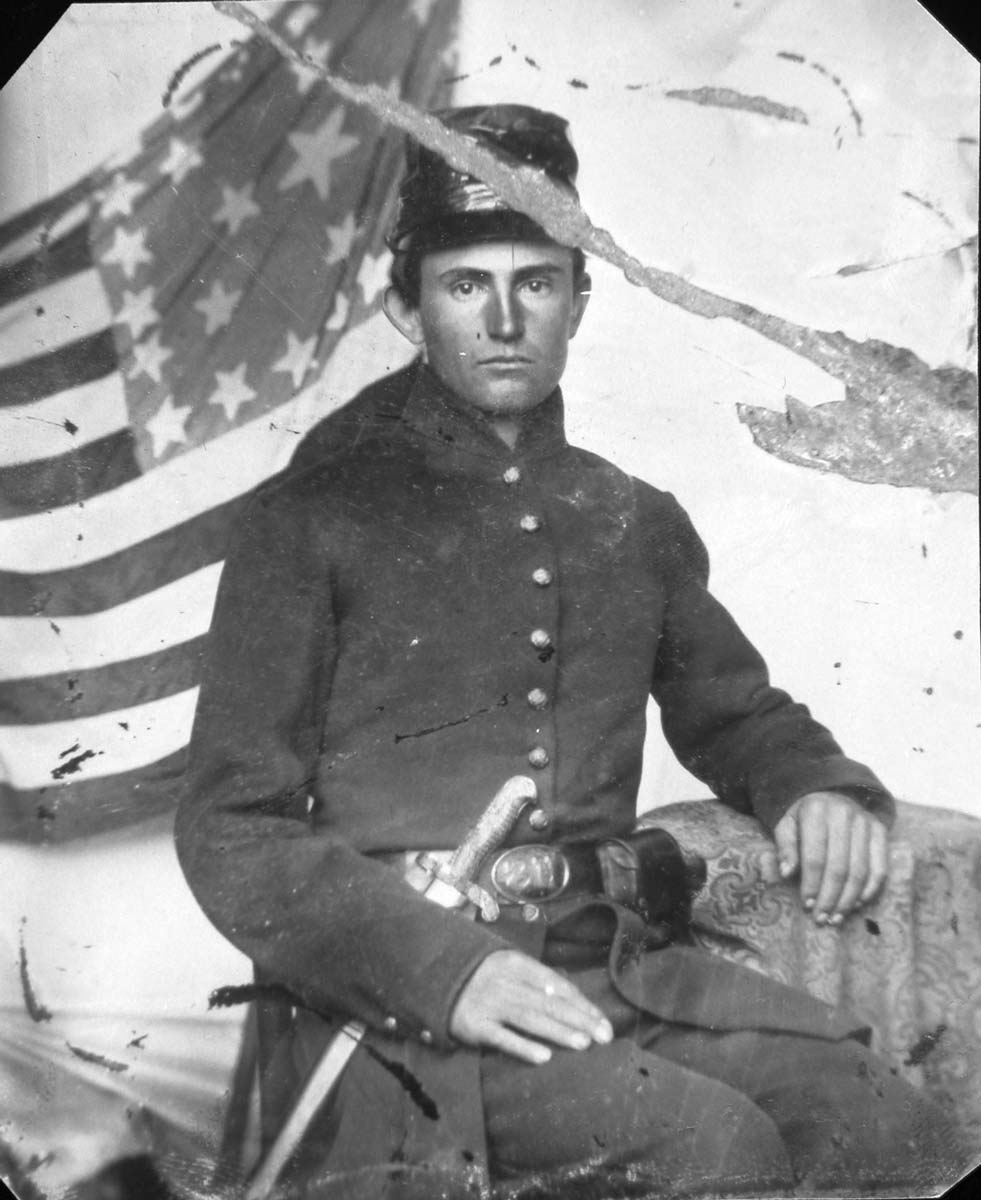

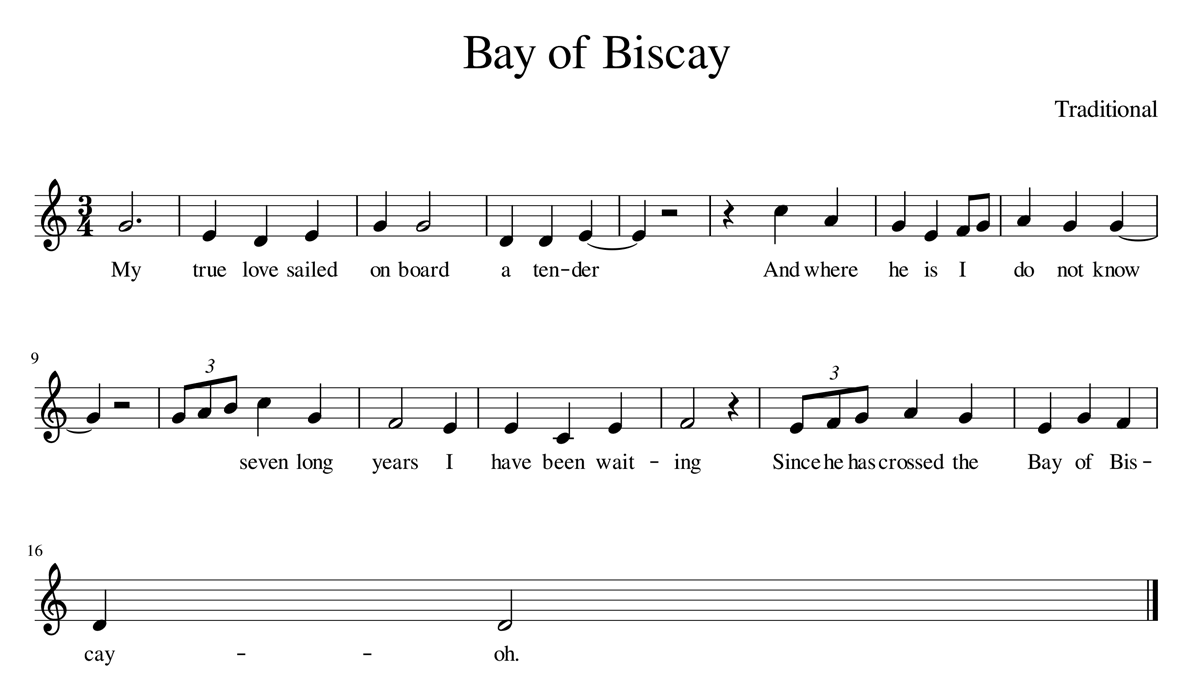

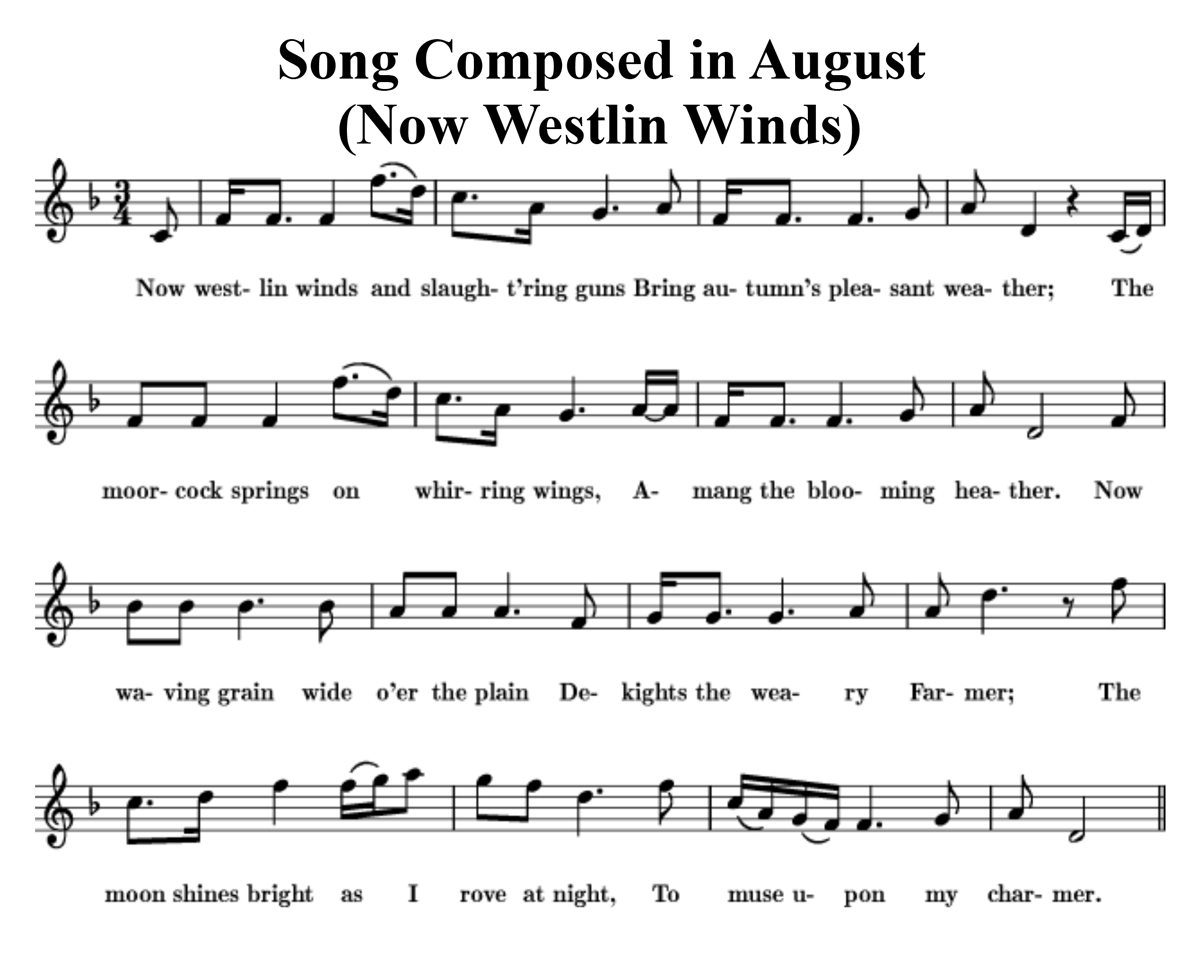

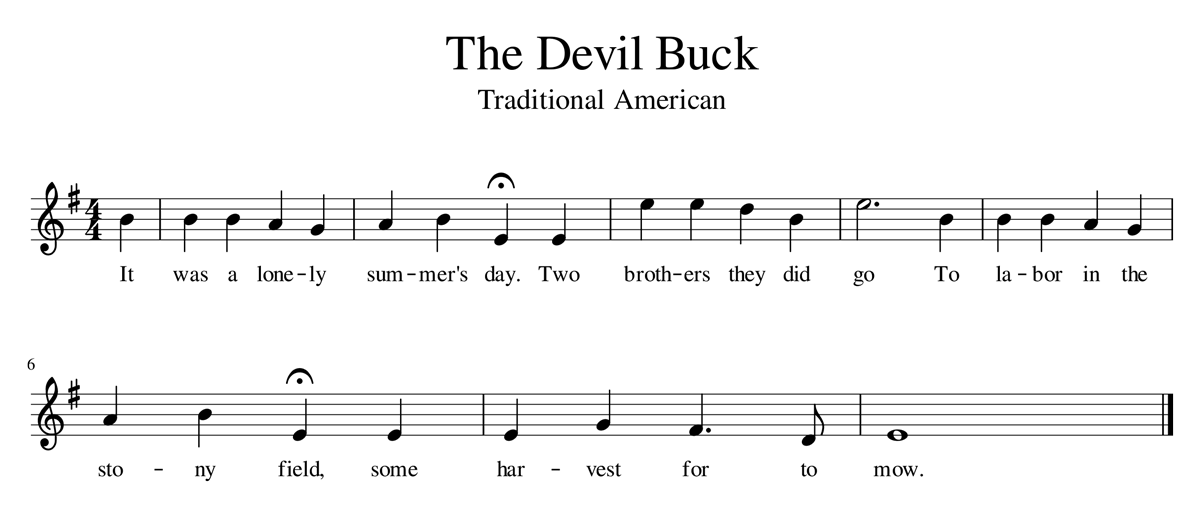
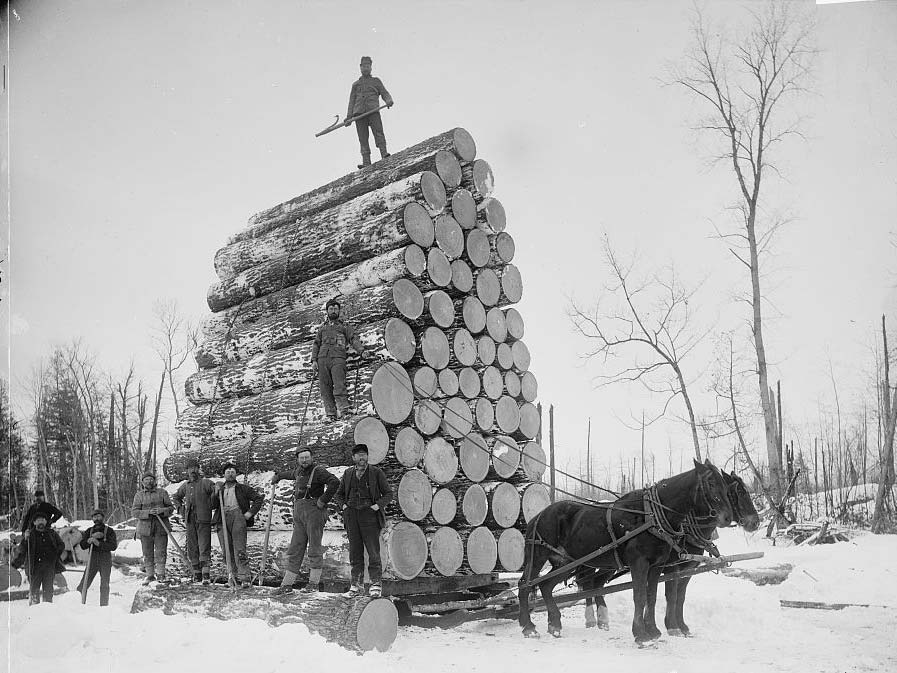
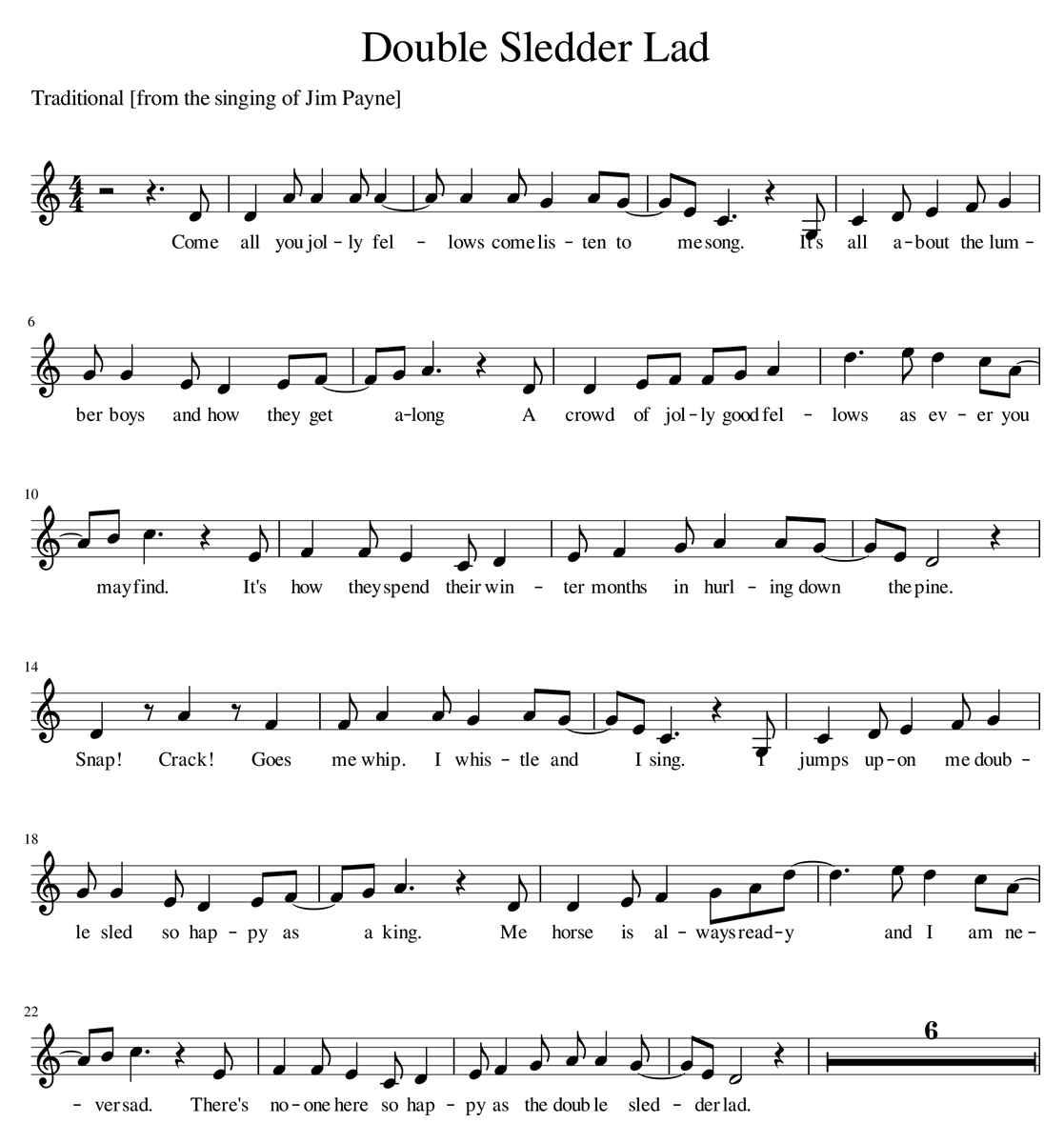
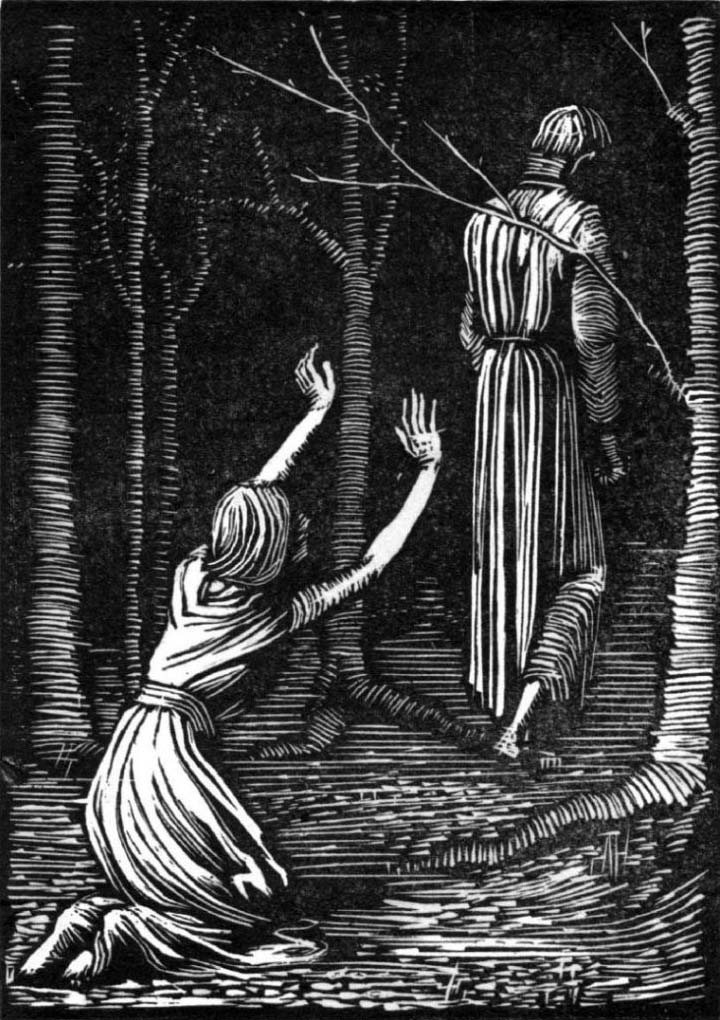
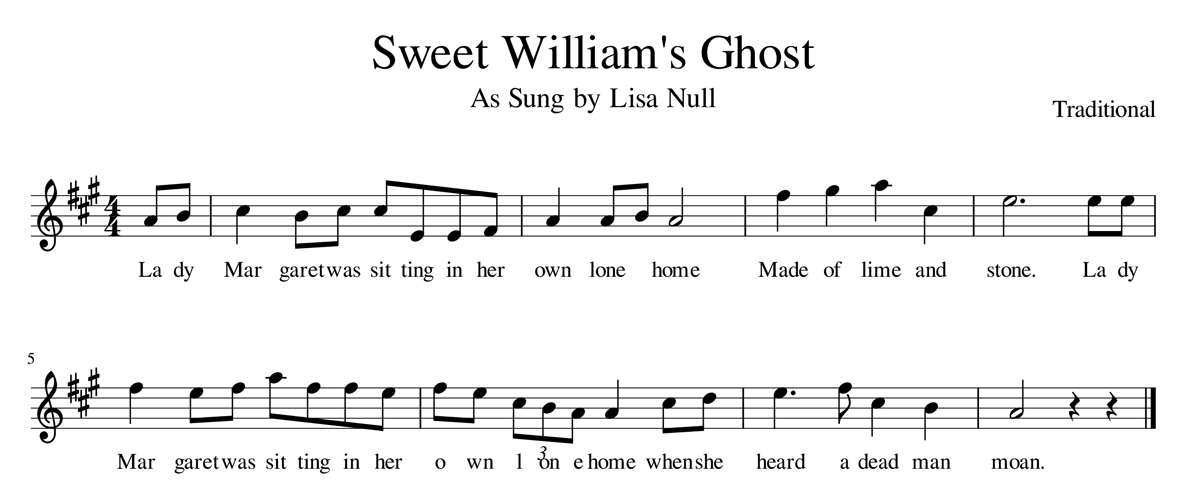
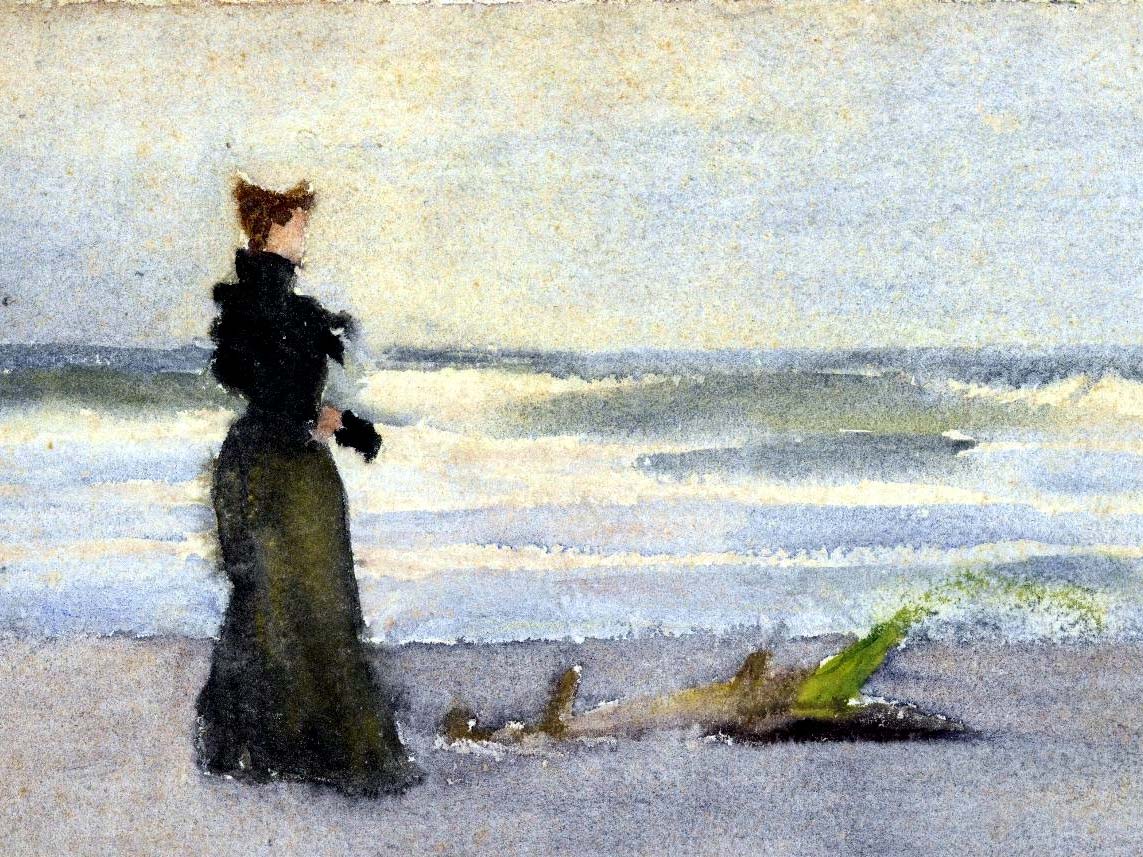
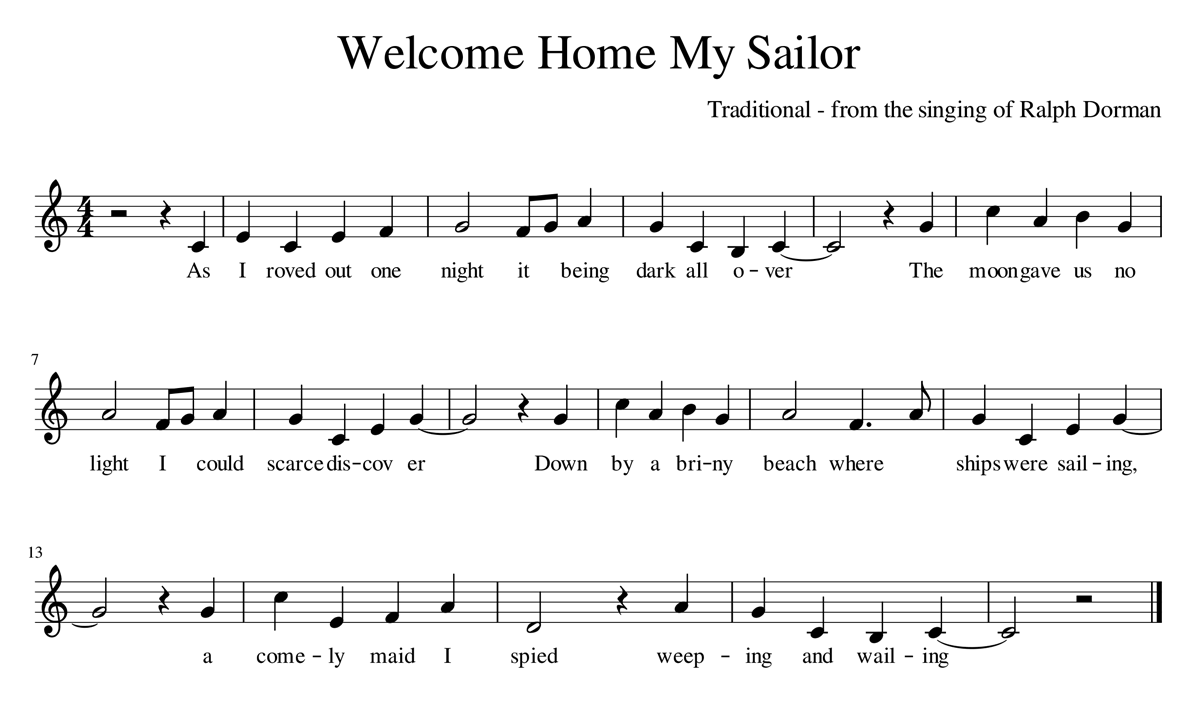
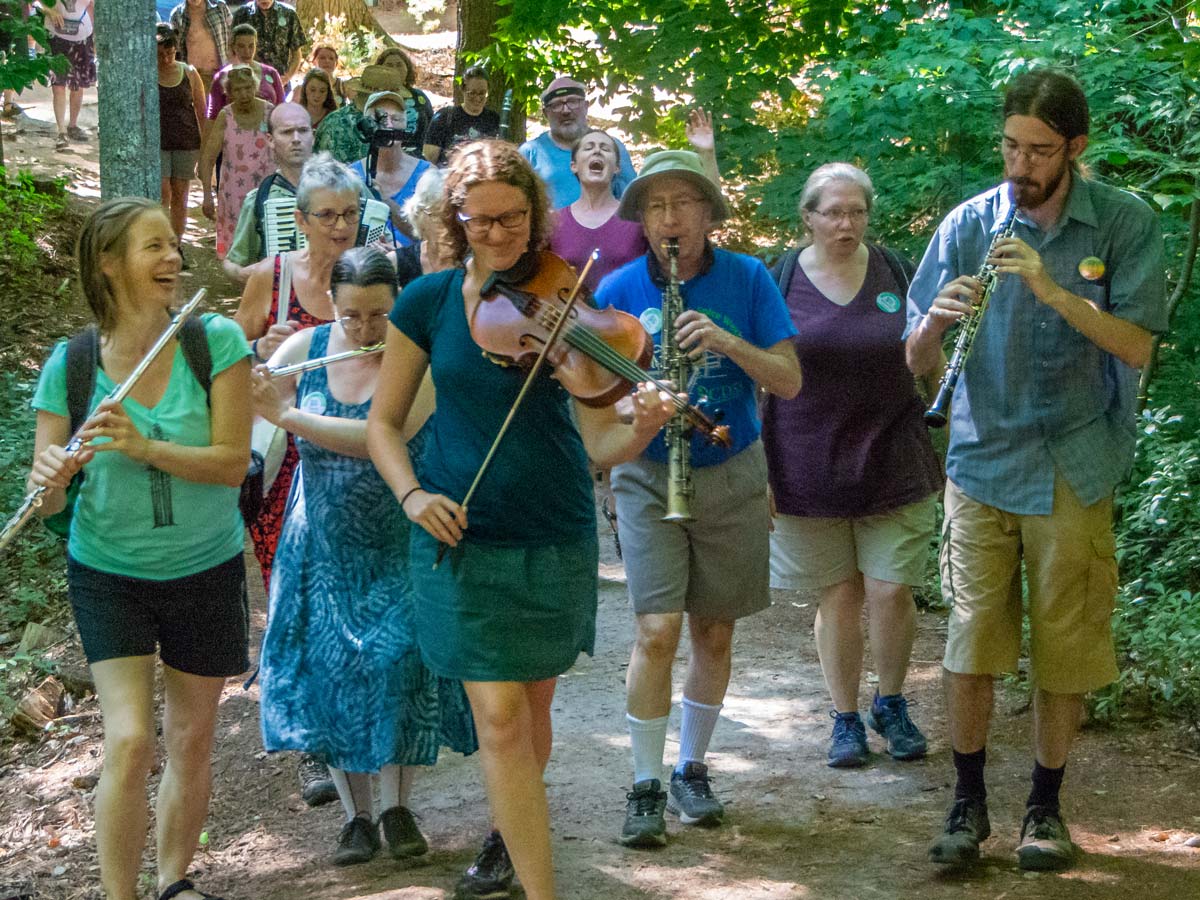
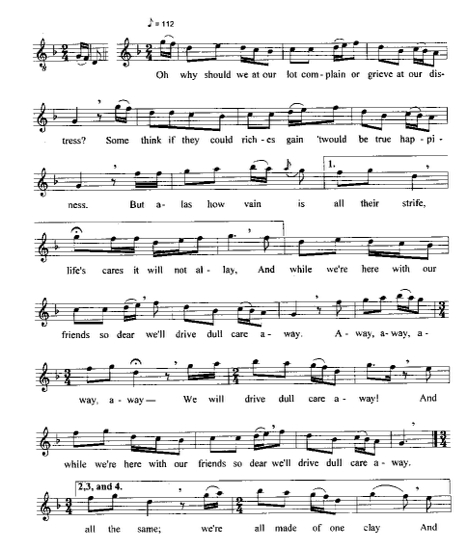
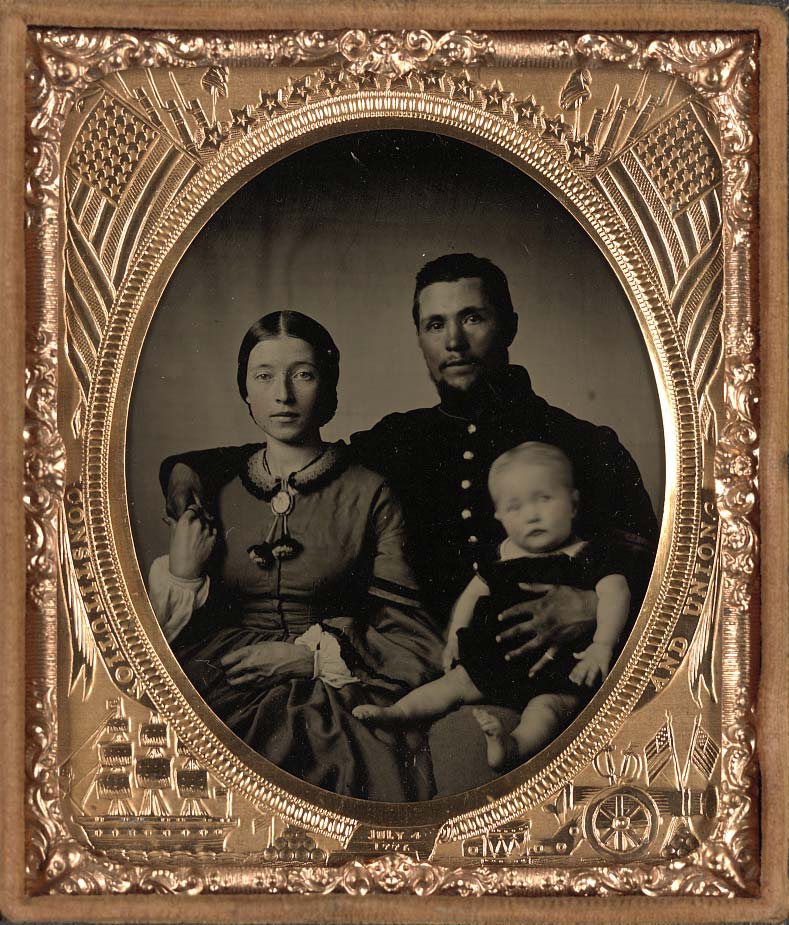
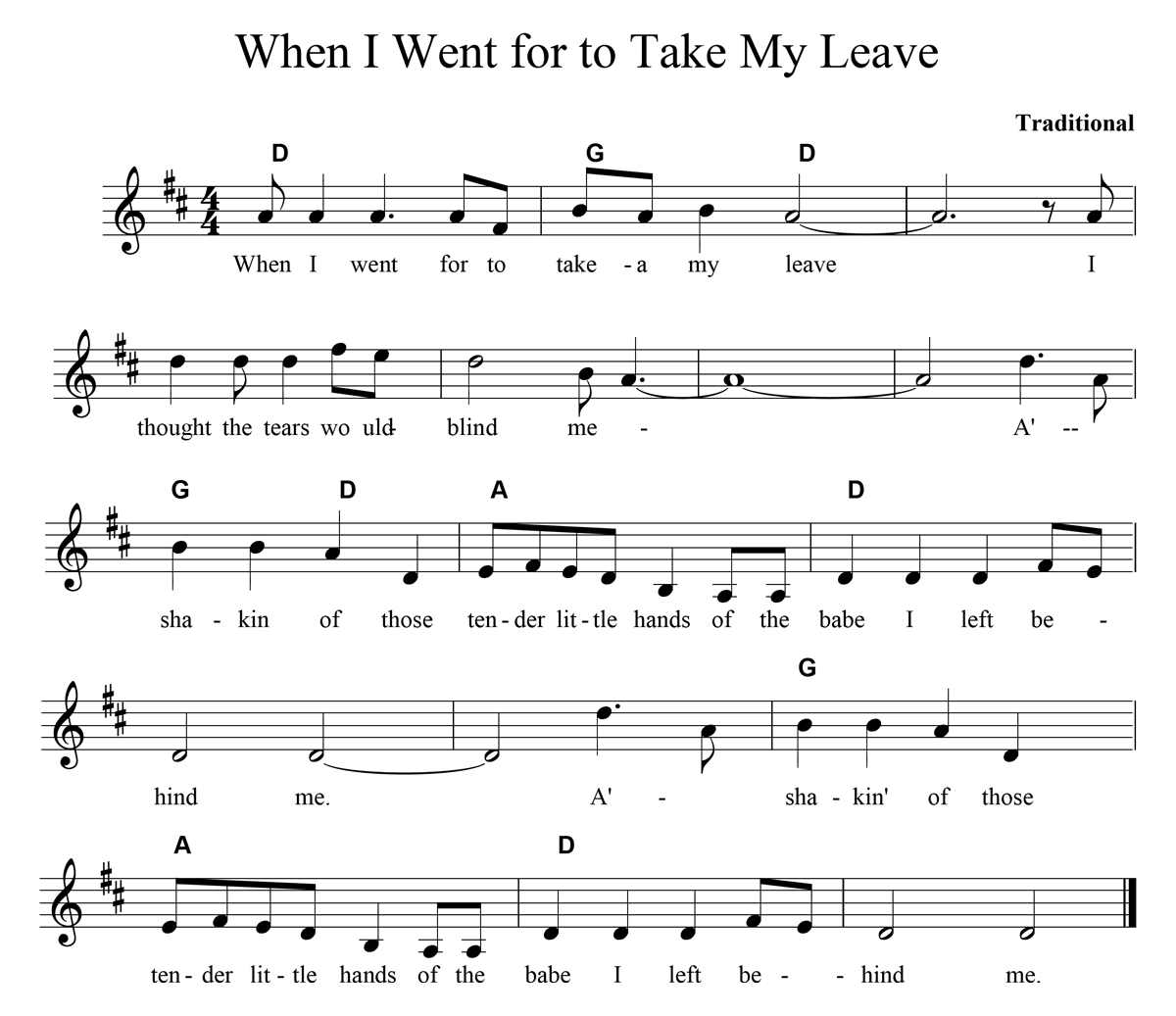
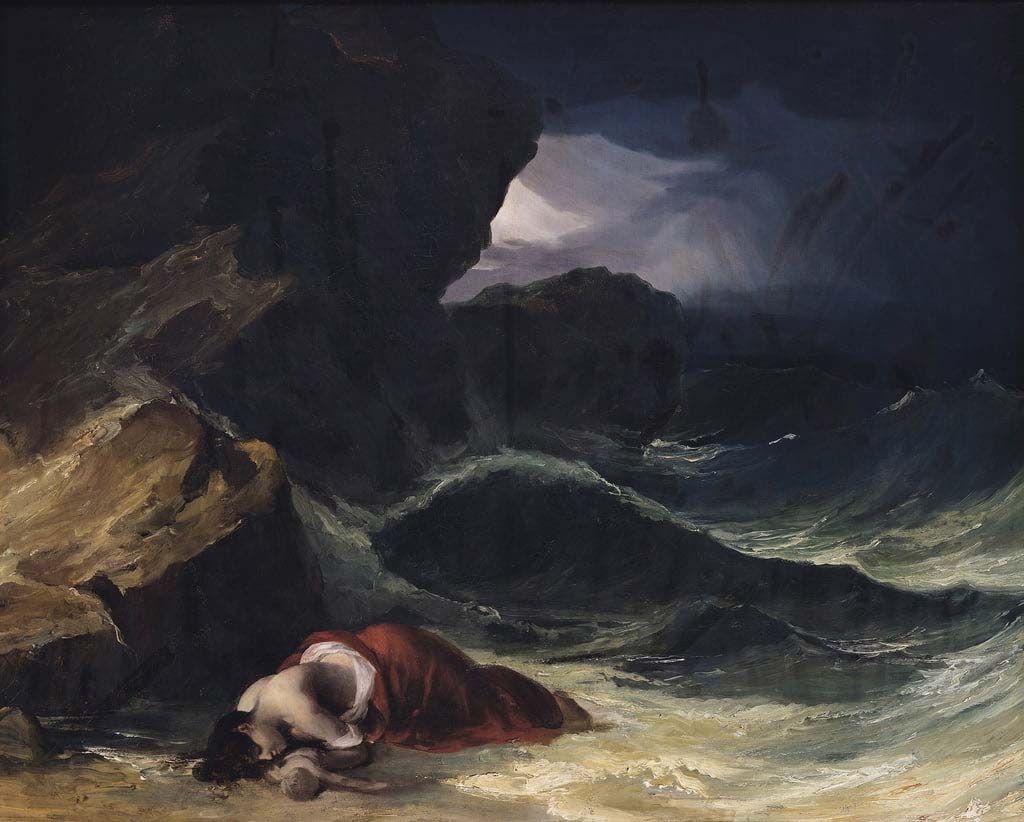
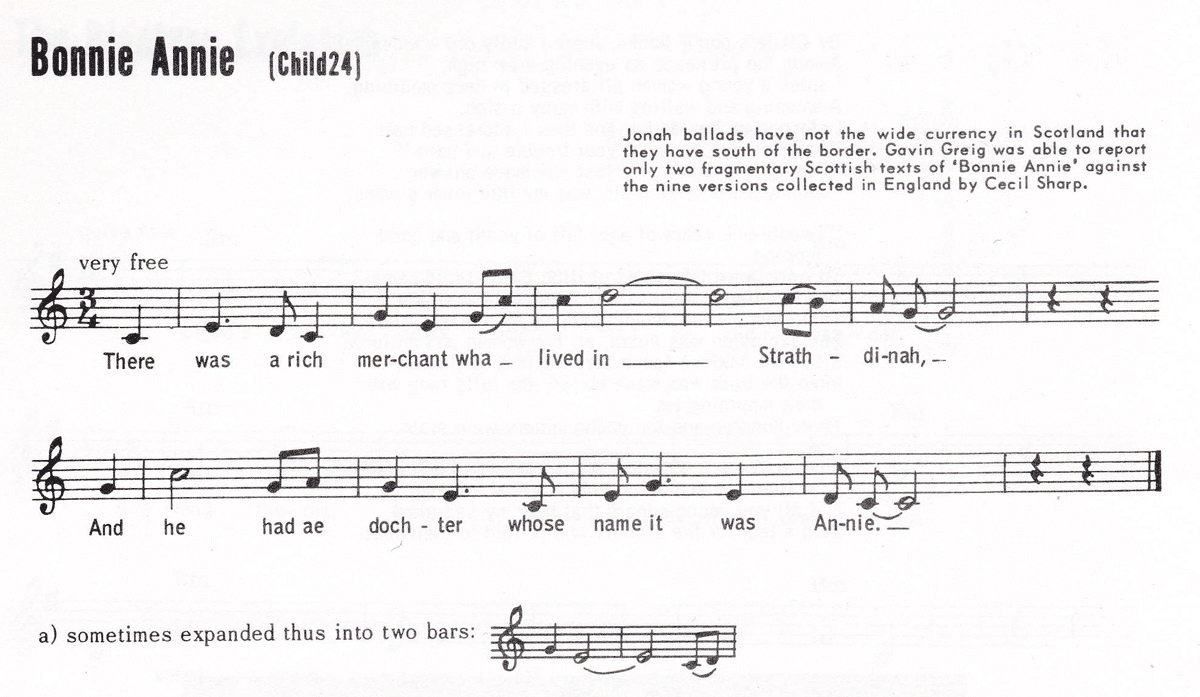
 Thanks to the Massachusetts Cultural Council for their generous support.
Thanks to the Massachusetts Cultural Council for their generous support.